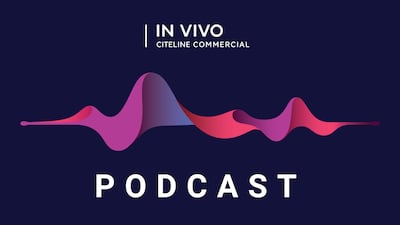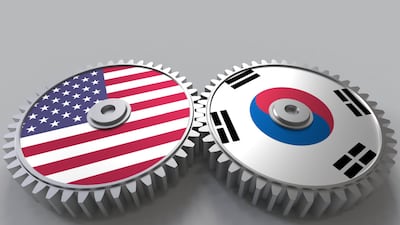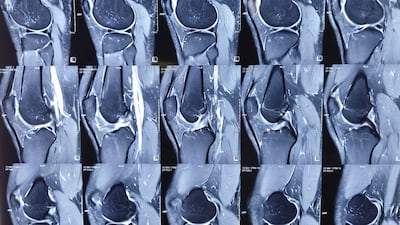Business Strategy
The medtech industry has been disrupted by tariffs and China’s volume-based procurement policies. While India is expected to emerge as a key long-term growth market, near-term upside may come from a potential rebound in EU attractiveness following the MDR reform proposals in December 2025.
The Swedish biotech's LIB-01 offers eight-week efficacy from three-day dosing, targeting high discontinuation rates with current PDE5 inhibitors.
Biogen’s head of development reflects on transforming company strategy, surviving the Aduhelm crisis and building sustainable growth through disciplined portfolio management.
A search bar has become one of the most powerful gateways into modern healthcare. The result is a gray zone where advertising practices, consumer trust and public health collide, raising questions about whether digital marketing has outpaced regulation.
Alexion is leveraging long standing C5 leadership to expand into proximal complement targets and alternative pathway drugs, pairing longer acting and subcutaneous options with genetically guided precision medicines.
In today’s rapidly shifting US healthcare landscape, direct-to-consumer strategies, once used mainly by pharma companies, are now drawing strong interest from payers.
A new CEO, a passionate founder, early-stage R&D and hopes of an IPO – can Swiss biotech Topadur find success?
A pair of private equity mega-deals dominated the mergers and acquisitions landscape in 2025, but there was still a clear appetite for smaller, strategic takeovers and tuck-ins across the generics, biosimilars, and off-patent medicines field.
The biopharmaceutical landscape in 2026 will be shaped by rapid technological progress, shifting geographic leadership, a looming patent cliff and a renewed focus on capital efficiency.
Anat Cohen-Dayag explains how Compugen transformed from computational service provider to clinical-stage biotech by integrating AI with biology and structuring strategic pharma collaborations.
By offering free sequencing and embracing radical openness with global partners, Regeneron Genetics Center has gathered over 3 million samples, leading to the identification of over 30 drug targets now in Regeneron’s pipeline.
EY's Arda Ural joins In Vivo to discuss the long-awaited recovery in biotech IPOs, the evolving capital markets landscape and how tariffs and TrumpRx are reshaping biopharma supply chains.
Juby Jacob-Nara outlines her vision for expanding biosimilar uptake and leveraging policy changes to improve patient access.
French biotech CellProthera is advancing to Phase III with its autologous CD34+ stem cell therapy that regenerates tissue after severe heart attacks.
Memo Therapeutics is sharpening its focus on its lead antibody Potravitug, for BK polyomavirus (BKPyV) in kidney transplant patients as it prepares for Phase III trials and doubles down on patient engagement.
Patient advocacy organizations are transforming gene therapy development by funding research, de-risking programs and driving ultra-rare disease treatments from concept to clinic at unprecedented speed.
Abivax reflects on a transformative year marked by landmark clinical success and ambitious plans for the future.
New York biotech OS Therapies reported 75% two-year survival in an osteosarcoma trial of its immunotherapy, OST-HER2. Leadership is targeting early 2026 approvals across three continents for what is the first new osteosarcoma treatment in 40 years.
Pharma business development teams are adapting M&A and licensing strategies amid market volatility and looming patent cliffs.
Strategic partnerships and disciplined spending are emerging as key survival tools in challenging funding environment.




















